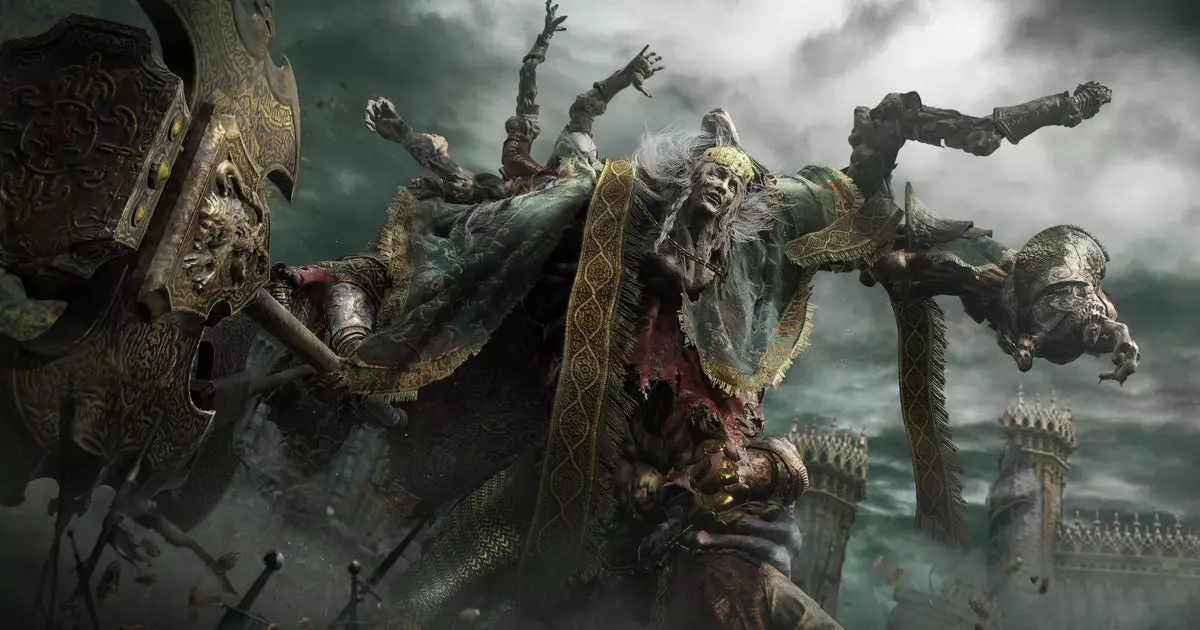In an era where corporate giants are hungry for dominance, the gaming industry is witnessing an intriguing power play with Sony’s interest in acquiring Kadokawa, the conglomerate responsible for the acclaimed studio, From Software. This potential acquisition is akin to sitting down to a bowl of one’s favorite breakfast cereal—inviting yet potentially overwhelming. The desire behind this acquisition goes beyond mere nostalgia for games like the Dark Souls series or the rising star Octopath Traveler; it reflects a broader strategy to expand content in both the gaming and anime/manga sectors.
Sony’s appetite appears to be focused not just on individual franchises but also on the wealth of intellectual property that Kadokawa offers. From Software’s renowned titles have defined the soul-like genre and gained a cult following, while other properties within Kadokawa, such as Danganronpa, offer a unique narrative-driven experience that could continue to engage fans. Coupling these with the expansive library of anime and manga could provide Sony a multifaceted advantage, positioning it not only as a gaming powerhouse but as a comprehensive media entity.
The ongoing discussions hint at a rapid evolution in this already complex landscape. Gamers are particularly invested in how this acquisition could affect the future of beloved franchises. Would the next installment of Dark Souls maintain its iconic challenge, or might it shift towards a different style if reimagined under Sony’s direction? The ambiguity is enough to excite speculation among fans, reminiscent of childhood breakfasts filled with colorful cereal shapes; each piece embodies a possibility.
Console Wars: The Monopoly Effect
However, alongside the excitement lies a creeping concern among gamers about the impact of further corporate consolidation. Should this acquisition finalize, Sony’s control over significant game franchises raises apprehensions regarding market monopolization. Exclusive releases, once a significant point of contention between gaming consoles, are becoming increasingly diluted. Current trends show that time-limited exclusivity has become standard practice, leading to a landscape where cross-platform releases are more common.
While exclusivity can create unique gaming experiences, it also narrows accessibility. The likelihood of titles developed under Kadokawa transforming into PlayStation exclusives presents a mixed bag for gamers. For every thrilling wonder of a new game experience, there could be disappointment for fans on different platforms left in the lurch.
Interestingly, Kadokawa recently suffered from a ransomware attack that may have posed significant challenges, yet their resilience highlights the importance of adapting within the technological realm. With 26 game projects reportedly in development, this acquisition could expedite the transition from development to market, particularly beneficial for Sony as they hope to recover financial losses from previous ventures.
As the negotiations unfold, both companies will need to consider not only the financial implications but also the cultural impact of melding these two powerhouses. It becomes imperative to maintain the creative integrity of Kadokawa’s projects while leveraging Sony’s resources to unlock new heights for gaming enthusiasts.
While the discussions around Sony acquiring Kadokawa promise excitement, they also raise vital questions about the future landscape of an industry increasingly characterized by consolidation and corporate strategy. With the ever-evolving terrain of gaming, fans must remain vigilant, as each potential acquisition reshapes the very nature of how they engage with their favorite titles.


Leave a Reply